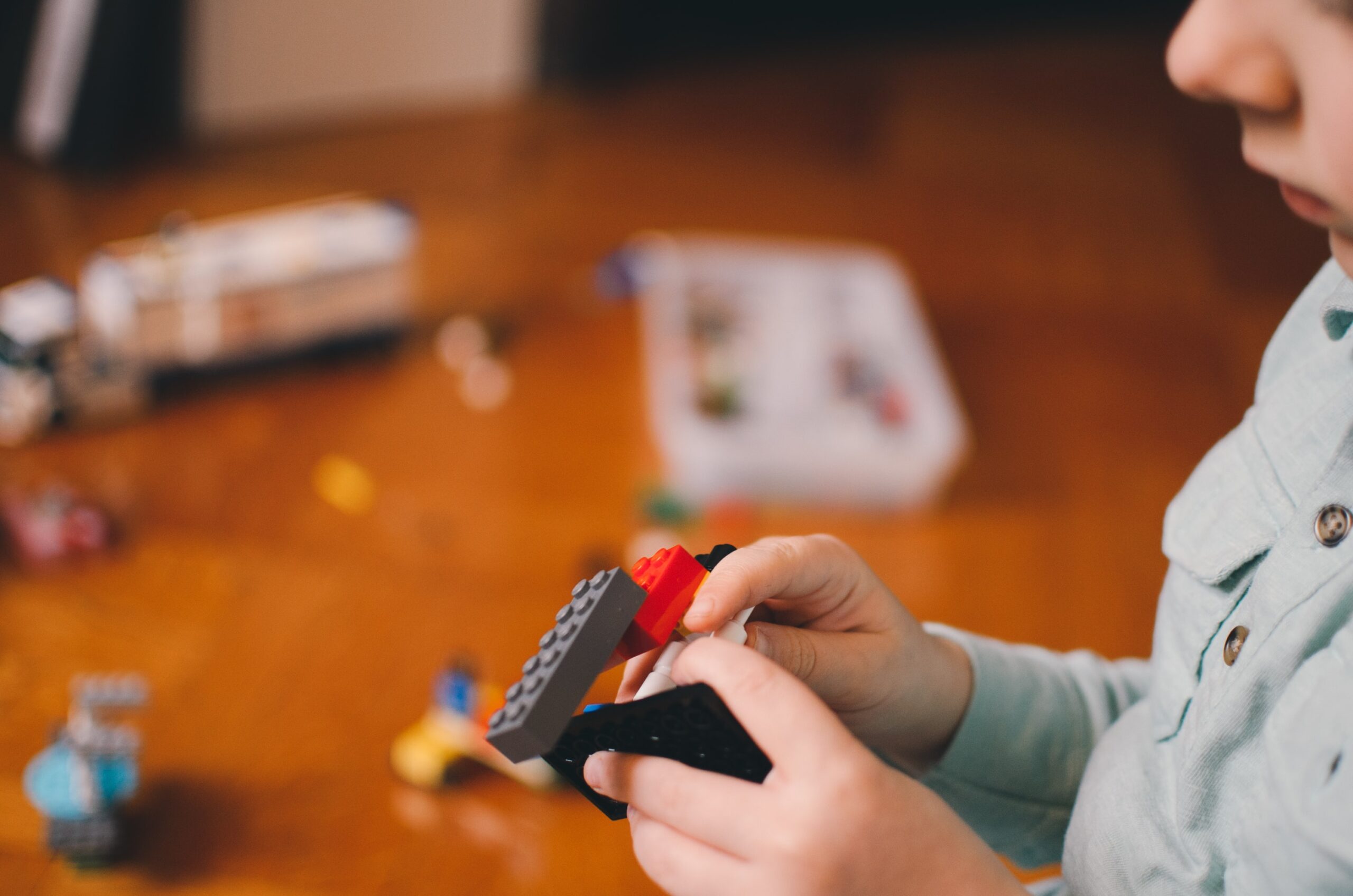Whether you’re an optimist, a pessimist or a realist, you must admit that there’s something attractive about those optimistic people in your life isn’t there?
We all want our kids to be happy. Being happy means being positive and that’s one of the main character traits in optimistic people. If your child is old enough to understand a little bit about life, then you should probably be carefully watching them to see how they are reacting to life’s ups and downs.
Do they get upset easily when things go wrong? If so, try to find the positives in every situation. A good example is the child who drops their cookie in the street – how do they react? The pessimistic child might cry and feel deep disappointment. The optimist might say “Oh well! Maybe I’ll get a bigger cookie next time!”
The point is that the children need guidance to think in a positive, optimistic way. They need help to work out the positives to each situation because they’re not always obvious. Teaching your child to understand that sometimes things don’t work out but there’s always a way around the bumps in the road is a valuable lesson – this sixth form in the Cotswolds believes in helping pupils learn to make opportunities available for themselves. This is the very essence of optimism.
People who feel optimistic in the face of challenges are often healthier because feeling happy is associated with good health.
How you can help
Watch your words! Phrases like, “Oh this would happen now!” and “Trust me to get it wrong!” and “I never have any luck!” are all negatives and your child will be absorbing them every time you say them. In order to help your child to be an optimist, you have to be one!
Take notice of the phrases you use regularly -try to replace the negative ones with positives.
“We’ll have better luck next time!” and “Oh, I did it wrong but never mind, that’s a new lesson I got to learn!” will all be more useful to your child than their negative counterparts.
Helping children to be in the moment
Encouraging your child to be present is a great way to help them learn to be optimistic. Appreciating the little things is a wonderful skill – finding beauty in the mundane is a life-long tool which they can always use.
Show them the little details in life. The way the sunlight catches the leaves, the way a spider’s web sparkles with rain. These are magical moments and noticing them will help your child to find new ones daily.
Optimists live longer
It’s true! Research has shown that women who are optimistic are 50% more likely to live to the age of 85 or more. Men who remain optimistic have an even better chance at 70%! So helping your child to learn how to be optimistic is also setting them up to live a longer life!
Nb. Collaborative post.






Leave a Comment